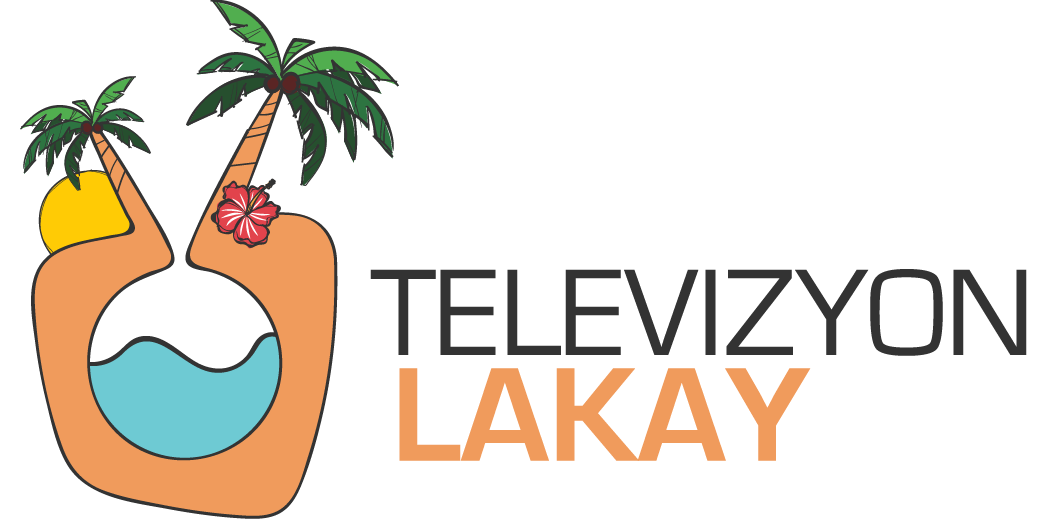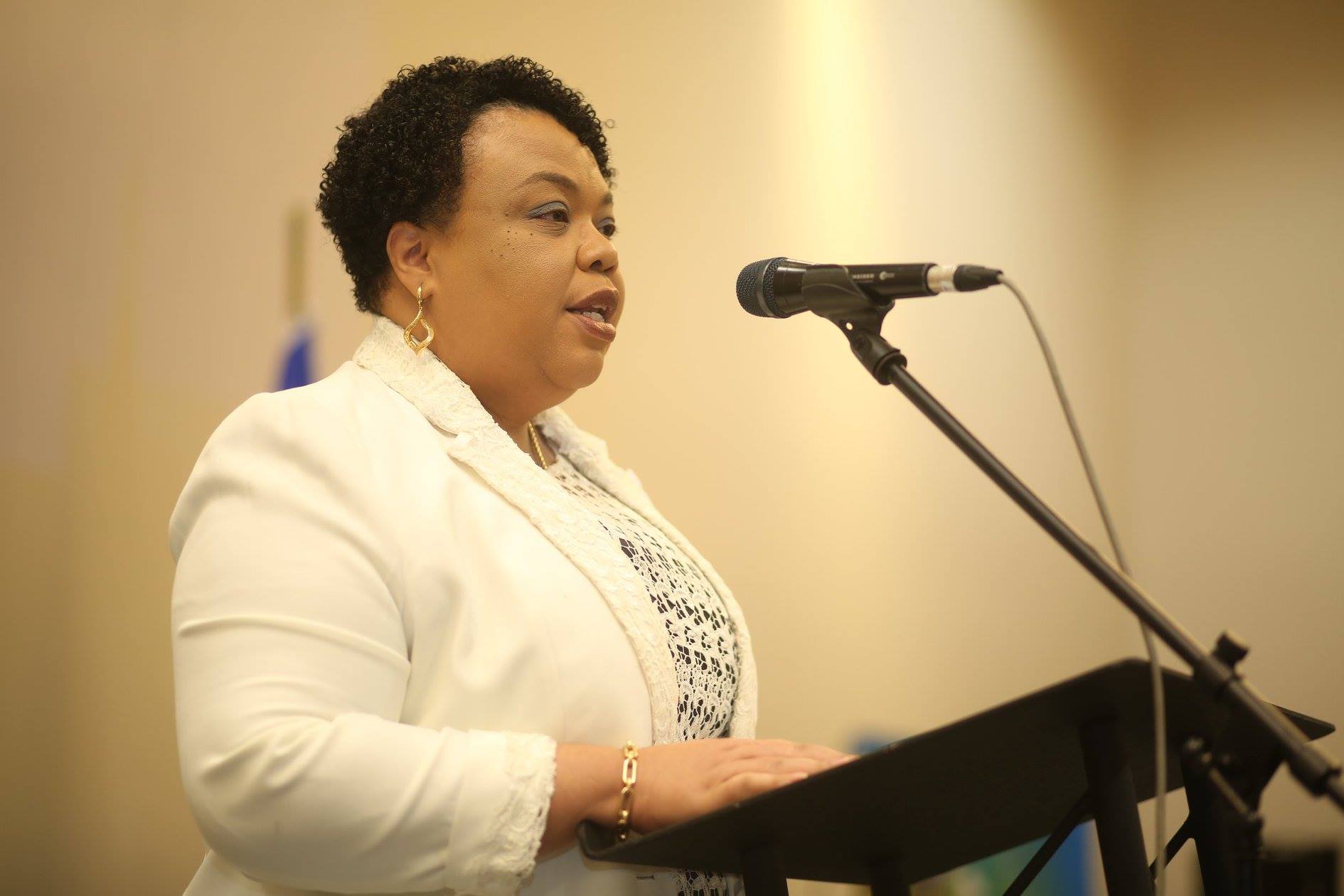Venezuela’s claims to Guyana’s territory caused decades of adverse effects- PM Phillips
 Extraordinary sitting of the House.
Extraordinary sitting of the House.
Prime Minister Phillips recounted the many instances where Venezuela acted aggressively towards Guyana, failing to accept the 1899 Arbitral Award that established the boundaries between the two countries.
For him, Venezuela did much to sour relations with Guyana even though Guyana held steadfast to international law and good neighbourly relations.
Beyond souring relations, the Prime Minister lamented that there have been tangible, adverse effects of that country’s claim to two-thirds of Guyana’s territory and exclusive economic zone offshore.
“… we are witnessing decades of division among our people, resulting in social fragmentation stemming from contradictory narratives.
“This, in turn, has adverse effects on economic development and investments between our neighbouring nations. It is a conflict that incites geopolitical tension that can affect regional stability and international relations,” the Prime Minister said.
He also said, “…the endurance of this controversy has been excessive, and Venezuela’s unrelenting pursuit of unfounded territorial claims, not only affects our nation, but also undermines the cherished principles of justice and sovereignty, sovereignty held by the international community.”
Further, he noted that Venezuela’s claim led to conflicting ideologies in both countries. In Guyana, it is known that the Essequibo region fully belongs to Guyana but in Venezuelans, many believe this area belongs to the Spanish-speaking nation.
It is that ideology that could be leveraged in a planned Venezuelan referendum that was denounced by all Guyanese lawmakers on Monday.
Through the referendum, the Nicolas Maduro government in Venezuela will seek the support of citizens in continuation of its claim of Guyana’s Essequibo region. The questions for that referendum include one that alludes to the annexation of the Essequibo region.
Guyana views the move as an affront to the ongoing juridical process currently before the International Court of Justice (ICJ). The lawmakers gathered for the extraordinary sitting of the National Assembly to denounce Venezuela actions and clearly demonstrate the political unity on the border controversy.
Next week, the ICJ will hear arguments from Guyana through an injunction filed to prevent Venezuela from taking action through its provocative referendum over Guyana’s territory – Essequibo.
The borders of Guyana and Venezuela were determined by an arbitral tribunal on October 3, 1899, and Venezuela inherited 13,000 square kilometres of Guyana’s territory (then under British rule).
The ICJ has already determined that it has the jurisdiction to hear the border controversy case and Guyana believes it will get a favourable ruling.



